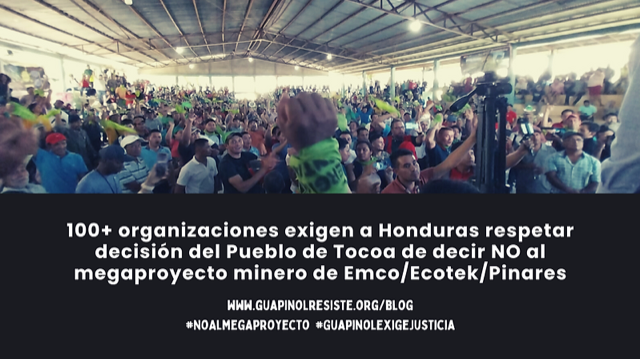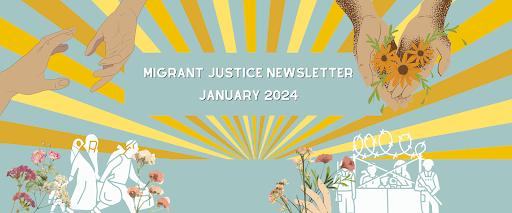We wrote to the US Embassy in Tegucigalpa, asking that it offer to bring together affected parties (including Crawfish residents, OFRANEH, and Próspera-ZEDE) to discuss a peaceful solution to the conflict on the Island of Roatán. Cryptocurrency investors, including citizens of the United States, are embattled with local residents over their plans to build infrastructure for tourism inside 58 acres it claims. The center of the battle is Crawfish Rock, a community of a few hundred mostly ethnic Garífuna residents.
OFRANEH (Black Fraternal Organization of Honduras) reported that on December 8, 2023, armed men broke into a meeting at which community members were discussing what they call violations of human rights by Próspera-ZEDE. Crawfish resident Vanessa Cárdenas was attacked and seriously injured. . OFRANEH, along with local and national environmentalist groups, point to Erick Brimen, executive director of Próspera-ZEDE, as the instigator of violent aggression against the community of Crawfish Rock.


